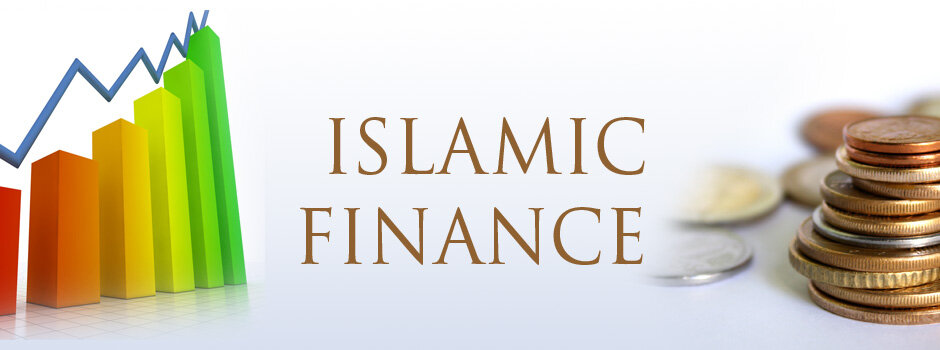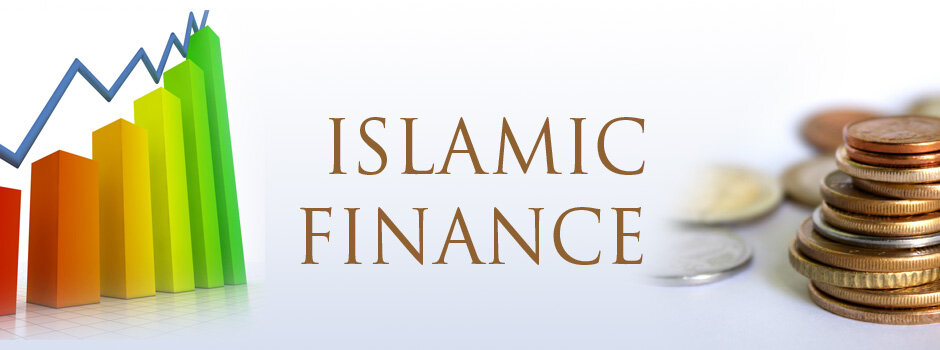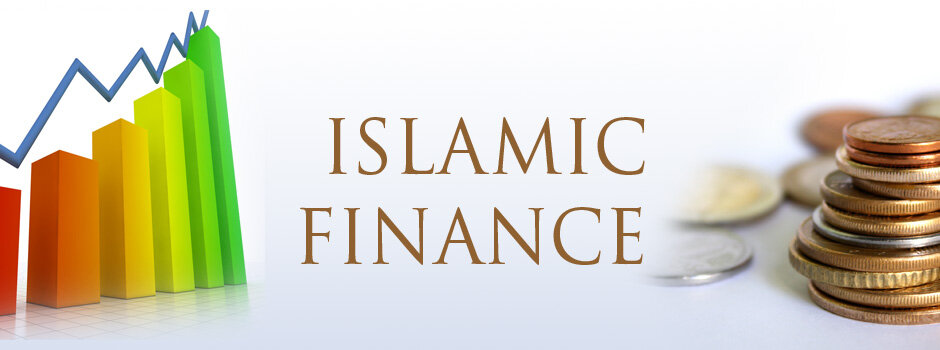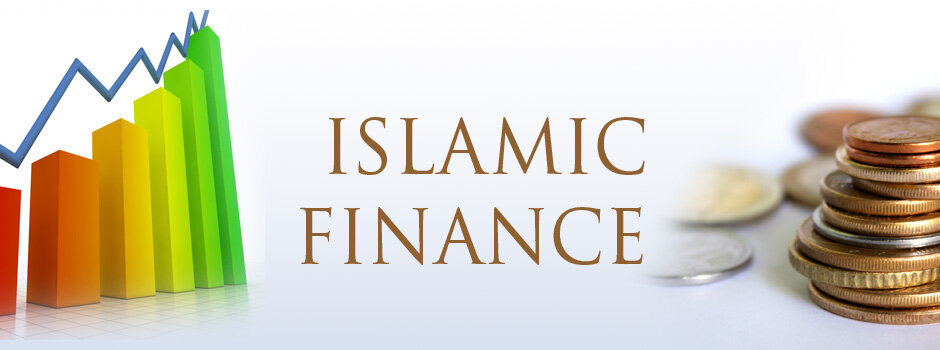Exchange-traded funds (ETFs) are a recent innovation offering a unique investment option. Like an index fund, an ETF is passively managed and tracks a basket of underlying assets, often a stock index. In recent years, ETFs have expanded to include narrow categories like gold, real estate, or specific economic sectors. For example, a gold ETF invests only in gold-related companies.
What makes ETFs attractive to investors is the exposure they provide to a diversified portfolio through a single unit or share of the ETF. Buying a single share of an ETF is similar to taking a small position in each of the underlying stocks in the index, providing instant diversification. This is possible because ETFs are listed on stock exchanges and their shares are traded like any other stock. Beyond flexibility, ETFs offer other advantages, including transparent pricing and lower transaction costs due to their passive management style. Similar to other listed shares, ETF share prices are based on the ETF's net asset value.
Financial information providers have their own criteria for determining which products they cover and report on. For example, MyETF-DJIM Titan 25 (or simply MyETF) is an Islamic ETF listed on Bursa Malaysia, tracking a sharia-compliant index of the 25 largest companies. Islamic ETFs are prevalent in the Middle East but are also available in non-Muslim countries.










